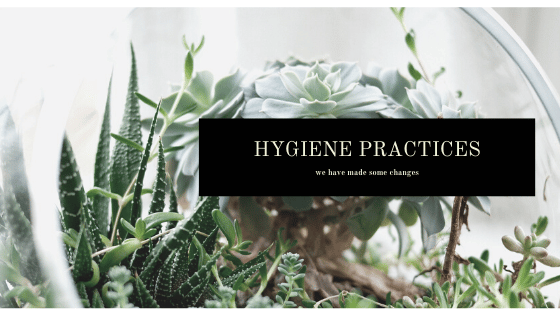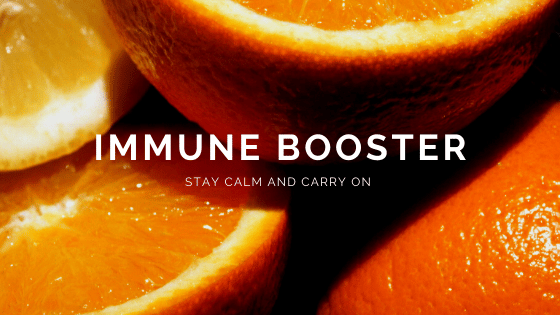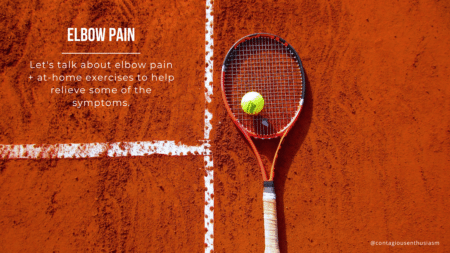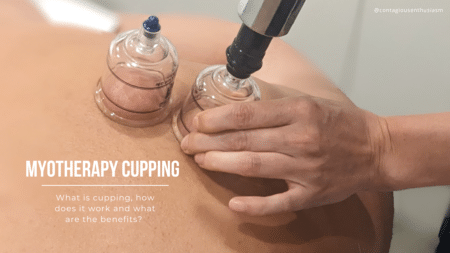COVID19 – Looking after your mental health
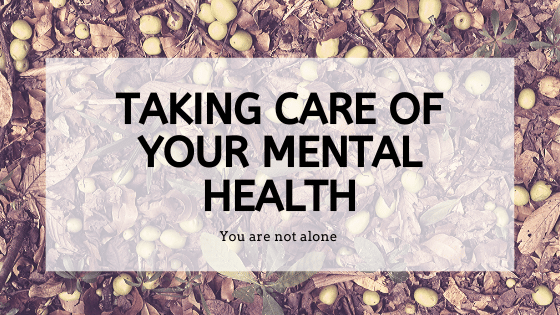
If you’re like me, you’ve cycled through a range of emotions in the past couple of weeks since COVID-19 became so present on our radars; denial (this will never be a problem for us here), irritation (can I find just one pack of spiral pasta?), anxiety (the shopping centre is eerily quiet), joy (the shopping centre is quiet!), fear (how do I protect my family?) and full blown hysteria (Oh My God, I only have one roll of toilet paper left!)
Now more than ever is the time to take care of our mental health. This global pandemic means we are dealing with a lot of uncertainty – and as humans we don’t tend to deal with this well. Uncertainty is the breeding ground of anxiety, the ‘what if’ of every situation to come.
The recommended process of self-isolating can lead to many different difficult emotions that we try and distract ourselves from, by engaging with others. And the fact that we’re all in this together, and no one really knows, can lead to a limited ability to ‘reality check’. All of these factors combined means we need to be careful to manage what’s in our minds in order to stay both mentally and physically well.
The first thing we should consider is some really practical stuff. Engage in regular mindfulness meditation practices that have demonstrated effectiveness in assisting with anxiety, as it helps to put some space between ourselves, our thoughts, feelings and reactions. One of my favourite websites to use is www.mindful.org. This website suggests a simple six step meditation practice and also has some great articles on how to help kids be more mindful. The other thing I recommend to my clients and use myself is the CALM app. This is a great way of being guided through this stuff when you’re not used to doing it yourself.
Another of my favourite mindfulness techniques is ‘grounding’. This is a way to connect or ‘ground’ you to your present and is particularly helpful when your mind is running all over the place. There are so many different grounding techniques, but one I like and use with clients is the ‘54321’ technique. It’s a sensory awareness exercise where you find a comfortable spot, take some deep breaths and concentrate on your slow breath. Then, take note of five things you see around you, four things you can feel (i.e. my feet on the floor, the wind on my face), three things you can hear, two things you can smell and then note to yourself one thing you like about yourself. You should feel calmer at the end of this process.
Second, the way we think about things relates to how we feel about them and how we act. This in fact is the premise of Cognitive Behaviour Therapy, widely considered the gold standard treatment for the management of mental health issues such as anxiety and depression. And this one is a biggie. Yes, COVID-19 is a global pandemic, it’s uncertain and unpredictable and we are required to be ready to act in various ways with little notice. Social distancing and staying home to “flatten the curve” is something few of us would ever have encountered, and thus, scary. But social distancing and self-isolation are also opportunities. They are opportunities to re-acquaint yourself with a good old-fashioned phone call to a friend, rather than a quick text or insta message (guilty!). They’re opportunities to finish that DIY you’ve been working on, do some research and reading on something you’ve been interested in (mindfulness?!) or roll around on the floor with your kids instead of running from sport engagement to birthday party. Just last week I remarked to my husband how we hadn’t had a weekend at home as a family without social obligations, for as long as I could remember. Now we have a great opportunity to do just that.
That’s not to say bury your head in the sand and live in ignorance. What we are facing is real and unknown. Which brings me to point three. Limit opinion-based information and minimise social media use. The hysteria is rife and there’s a lot of misinformation flying around. Whilst some behaviour might have initially seemed funny or just absurd (remember oh so long ago when you first saw videos of people stashing rolls and rolls of toilet paper), there’s likely some small part of your mind that has filed that information away, ready to contribute to your “attentional bias” (the phenomenon of hyperattention to threatening material, in the context of anxiety). If you really struggle to limit your social media time, at least consider a blackout several hours before bed (this is good practice anyway!) but perhaps this is another opportunity to get a handle on your social media use (guilty again!). Instead, refer to information sources that are reputable, factual and statistical to get your information; Government websites are a good place to start. We are yet to know whether these practices that are being recommended to us are temporary, the start of something, or the new norm. But speculation and buying into all the chat creates stress on our mental wellbeing.
Fourth, take some time to reflect. This is good for our psychological wellbeing. It’s okay to feel sad and even grieve about missed events, missed opportunities, a cancelled event that you were really looking forward to. I don’t particularly subscribe to the whole ‘first world problems’ mantra. There are always people who are worse off than us. But it’s important to reflect on and validate our own individual experience, as, repressing overwhelming or difficult emotions can be damaging to our mental health. I personally worked really hard to (1) not give in to my inner helicopter mum and (2), raise my kids as really social beings. Having lived for years with the five minute (as opposed to the seven second rule, actually who am I kidding, if you can dust it off, it’s edible), I am now (legitimately) making my kids wash their hands innumerable times per day. And I’ve had to start telling my youngest, whom in the past four months I’ve watched with pride walk up to random people, stick out his hand and introduce himself, not to do that anymore. I saw him do it today anyway with the postman, who said “not today mate”. That’s my sadness.
As humans, we don’t tend to deal with uncertainty well. But what we do well is adapt. We are amazing beings with unlimited potential to face and embrace change, overcome hardship and deal with adversity. Look at your neighbour, friend, and yourself, if you want examples. And whilst you’re at it, another last way to protect our mental health is to practice compassion. It’s harder to be angry at someone for treating the shopping aisle like a playground if you look behind that to the genuine fear that they are succumbing to, remembering that our actions are driven by our thoughts and feelings. Compassion and kindness is key.
The irony in this request to social distance, is that it may be the key to our reconnecting; with our goals, our friends, our loved ones and ourselves. And that in itself is protective for our mental health.
Dr Meera Aurora
Clinical Psychologist
Please consider consulting a health care professional if you feel like you may benefit from some professional assistance in managing your mental health during this time. It’s possible that these services may be facilitated via appropriate video-conferencing applications if required.
